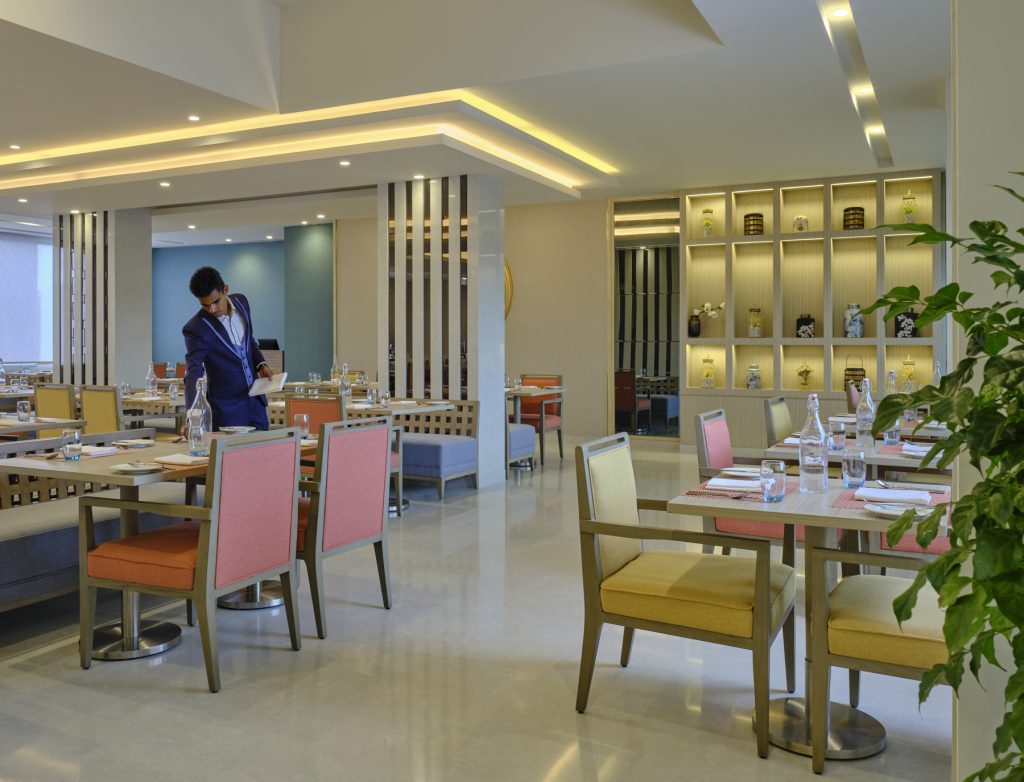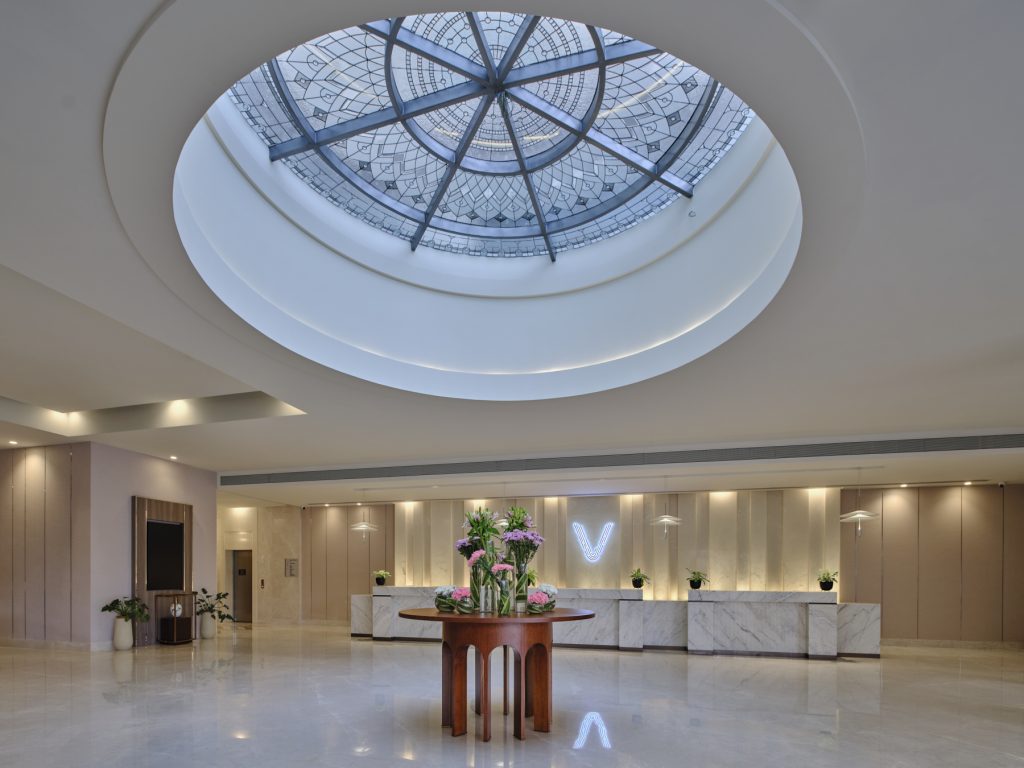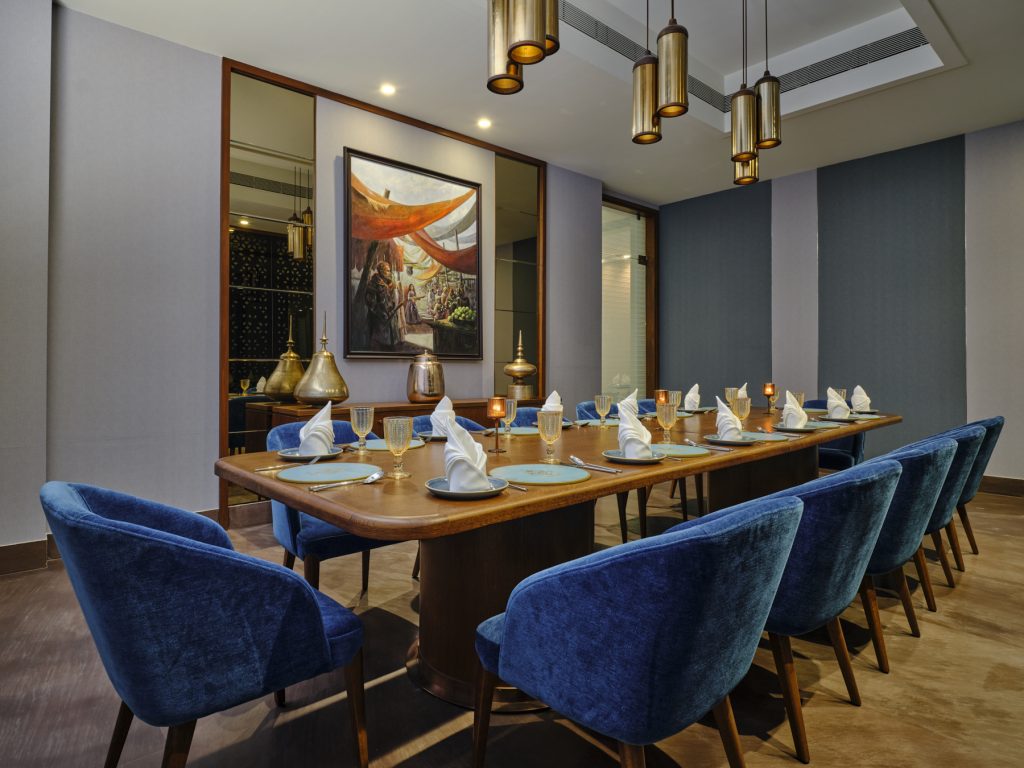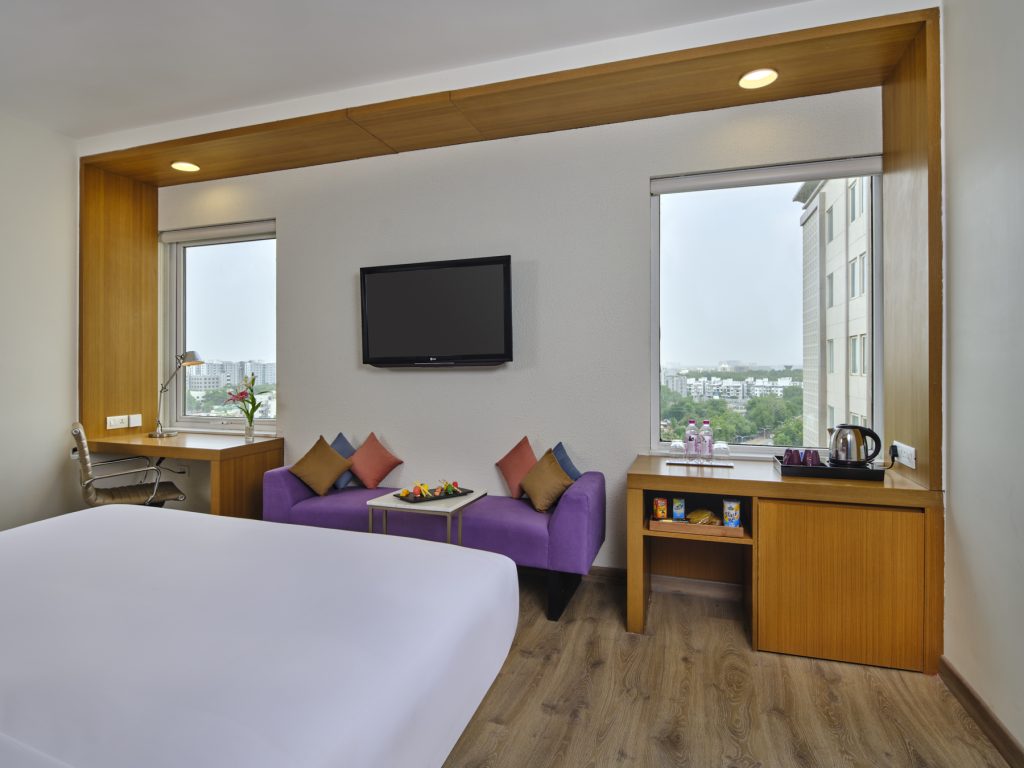The Indian luxury hotel industry is a vibrant and dynamic sector that is constantly evolving. The industry is growing rapidly, and the luxury segment is no exception. Revenue in the hotel market is projected to reach US$7.66 bn in 2023, with an annual growth rate (CAGR 2023-2027) of 8.29%, resulting in a projected market volume of US$10.53bn by 2027.
With the increasing affluence of Indian consumers, the number of luxury hotels in India is expected to grow from 400 in 2023 to 600 by 2027. Also, with the growing popularity of India as a tourist destination, the average occupancy rate for luxury hotels in India is expected to be at around 70-72 per cent in FY2024, after recovering to 68-70 per cent in FY2023, and it is expected to reach 70% by 2027. Some data also shows that because of the increasing demand for high-quality and personalized experiences, the average daily rate (ADR) for luxury hotels in India is expected to be $300 in 2023 and reach $400 by 2027.

Exploring the latest trends and innovations that are shaping the high-end hotel industry in 2023:
Hyper-Personalization and Exclusivity
In the realm of luxury hospitality, personalization is the key to creating memorable guest experiences. High-end hotels are leveraging data analytics and guest preferences to offer bespoke services. From personalized welcome amenities to curated itineraries and tailored dining experiences, hotels are leaving no stone unturned to ensure that each guest’s stay is unique and exclusive. Utilizing advanced data analytics, luxury hotels are providing hyper-personalized services and tailored recommendations to meet the individual preferences of each guest.

Technology Integration with AR, VR, and Contactless Technology
Cutting-edge technology is transforming the luxury hotel experience. Hotels are adopting smart room automation systems that allow guests to control room features through their smartphones or voice commands. Virtual reality (VR) and augmented reality (AR) experiences are used to provide virtual tours of suites and showcase local attractions. Additionally, AI-powered chatbots and virtual concierge services are becoming common, providing instant assistance to guests, and enhancing overall convenience. High-end hotels are increasingly adopting contactless technology for check-ins, payments, and room controls, ensuring a seamless and hygienic guest experience.

Sustainability Partnerships: Sustainable Practices and Eco-Friendly Initiatives
Luxury hotels are embracing sustainability and eco-friendly initiatives in response to the growing demand for environmentally conscious travel. By collaborating with local environmental organizations and communities, luxury hotels are engaging in sustainability partnerships to make a positive impact on the surrounding environment and society. Energy-efficient technologies, renewable energy sources, and waste reduction measures are being implemented to minimize the environmental impact. Guests are encouraged to participate in eco-tourism activities, such as beach clean-ups and wildlife conservation programs, as hotels strive to integrate sustainability into their luxury offerings.

Holistic Wellbeing with Wellness Tech and Digital Detox Digital Detox
The pursuit of wellness is a prominent trend in the luxury hospitality sector. High-end hotels are introducing comprehensive wellness programs, featuring spa treatments, yoga and meditation sessions, fitness classes, and healthy dining options. Hotels are incorporating wellness into every aspect of the guest experience, promoting relaxation, rejuvenation, and a focus on holistic well-being. Luxury hotels are integrating wellness technology, such as sleep optimization systems and fitness wearables, while also providing digital detox spaces to encourage guests to unwind and disconnect.

Culinary, Art and Culture Immersions
Luxury hotels are curating experiences that immerse guests in the local art and culture of their destinations. Collaborations with renowned artists, art installations, and exhibitions within the hotel premises offer a unique cultural experience. High-end hotels are elevating their culinary offerings with Michelin-starred chefs, immersive cooking classes, and farm-to-table dining experiences. High-end hotels are making their guests experience the theme they are based on the location. For e.g. If they are based near nature, the theme will be nature and if they are based near the historical location, they provide a royal experience theme. Luxury hotels are curating unique and authentic local experiences for their guests, enabling them to delve deep into the destination’s culture, traditions, and heritage


